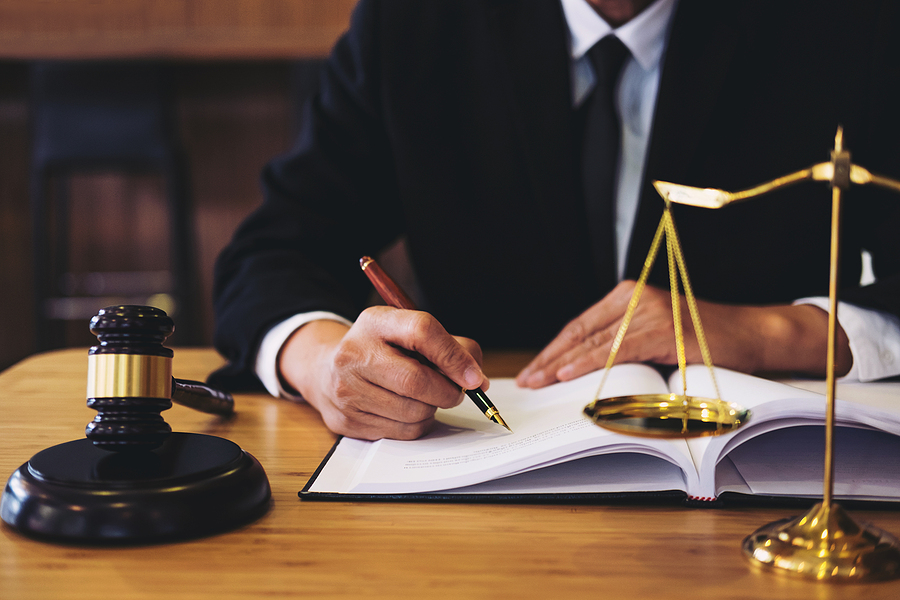Why You Need a Mental Health Care Power of Attorney
What happens when you can no longer speak for yourself? In many cases, you need a mental health care power of attorney (MHPOA) to help make health care decisions and leave nothing to chance.

What Does a Mental Health Care Power of Attorney (MHPOA) Do?
A mental health care power of attorney is a type of advance directive for mental health that allows you to legally appoint someone (agent) to make mental health care decisions on your behalf. It’s a critical document used when or if you become incapacitated, and unlike a general POA, an MHPOA covers psychiatric treatment only.
Your agent may be granted the authority to make decisions about:
- Admission to psychiatric facilities
- Use of psychotropic drugs
- Access to mental health records
- Consent/refusal to therapies or treatments
Mental health power of attorney agreements are part of a larger system, which may include psychiatric advance directives (PADs) that detail your preferences in writing. For more information on MHPOAs and PADs, contact the Nicole Pavlik Law Firm to speak to an attorney.
How a MHPOA Works
Imagine you experience a severe depressive episode with suicidal ideation or attempts. You’re hospitalized and deemed temporarily incompetent to make reasonable decisions about your care. Because you’ve already named someone as your mental health care power of attorney, they step in to do the following:
- Approve treatment plans that they know you’ll agree with
- Decline medication that previously caused you harm
- Ensure your voice is heard in any hearings and court proceedings
Advanced directives for mental health guide POAs, guardians, and caretakers on proper procedures and expectations. This improves your chances of recovery and builds confidence in your care team’s decisions. Talk to an estate planning attorney to learn more.
The Importance of Advance Directives for Mental Health
Things can change quickly or spiral out of control when experiencing the symptoms of mental health conditions, psychiatric treatments, and medications. During such episodes, decision-making capacity is often compromised or diminished. You may struggle to understand certain options and outcomes, communicate your wishes, or even recognize that you need help.
Without a mental health power of attorney, you may be subjected to treatments or hospitalizations that you usually wouldn’t agree to. Medical professionals might also turn to family members who don’t understand your values or history.
In some states, a court-appointed MHPOA or guardian could be assigned to your case, meaning your mental health concerns will be handled by someone who doesn’t know you or your needs at all. However, having an appointed agent beforehand can help you remain in control, even when you can’t be mentally present in the conversation.
Choosing an Agent: Considerations and Legal Requirements
Your agent doesn’t have to be a close friend or family member. In many cases, it shouldn’t be. If your loved ones don’t understand your mental health journey, it might be best to consider alternatives.
Meanwhile, creating a mental health power of attorney agreement can vary by state. Most require the following:
- The principal (you) must be over 18 and mentally competent at the time of signing.
- The document must be in writing and signed in the presence of a notary.
Work with an estate planning attorney or law office familiar with advance directives for mental health. Thinking that the process is too complicated, that your family will take care of things, or that you don’t need an MHPOA because you’re not mentally ill is a mistake.
Mental illness doesn’t discriminate. Contact the Nicole Pavlik Law Firm to stay prepared and protected.
